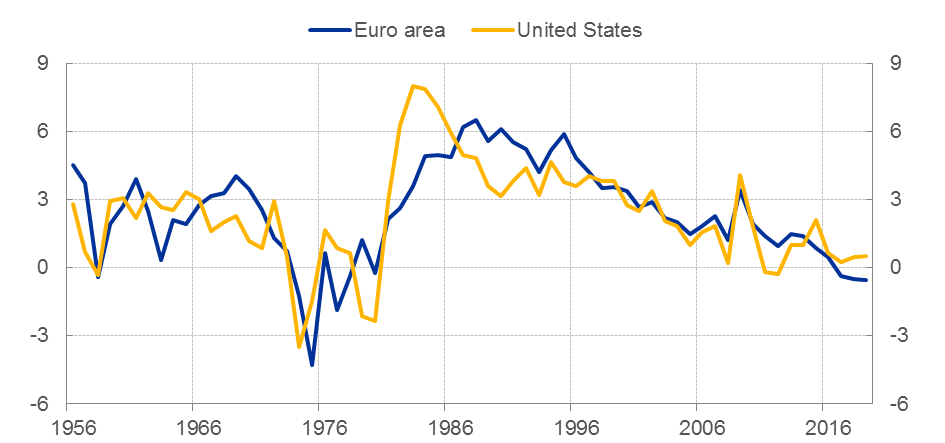The Fed Stands Firm on Interest Rate Hike Amid Banking Turmoil
Federal Reserve Raises Interest Rates Amid Banking System Stress and Inflation Worries:
The Federal Reserve has increased interest rates once more, marking its ninth consecutive round of doing so. Despite the stress that the banking industry is currently under as a result of the failure of two regional banks, the decision to raise the benchmark interest rate by a quarter percentage point to slightly under 5% was made. People will find it more expensive to apply for auto loans or have credit card balances as a result of this decision. The Fed should reevaluate the situation, according to some analysts, who contend that boosting interest rates in these circumstances may not be the wisest course of action.
Due to the failure of Silicon Valley Bank and Signature Bank earlier this month, the banking industry has been in disarray. The Federal Reserve has chosen to continue its fight against high inflation, despite calls from some for it to pause raising interest rates while it evaluates the effects of these declines. The Fed's rate-setting committee members think that in order to regain price stability, slightly higher rates may be required. On average, officials anticipate rates growing by another quarter-percentage point by the end of this year, according to updated predictions that were also released on Wednesday.
According to a statement made by the Federal Reserve, additional policy firming may be necessary. The financial sector seems to be stabilising despite recent bank failures, and Treasury Secretary Janet Yellen has said that significant withdrawals from local banks have stabilised. The US banking sector is said to be strong and resilient in the Fed's statement on monetary policy.
With annual inflation hitting 6% in February, consumer prices are still increasing quickly. The cost of services like airline tickets and streaming TV subscriptions is particularly of concern to the central bank. Jerome Powell, the chairman of the Federal Reserve, has expressed his fear that high inflation will cause serious hardship, especially for those who are least able to afford the higher cost of necessities like food and housing.
The supervision of the two collapsed banks by the Federal Reserve is also under investigation. Years ago, Fed regulators allegedly found issues with Silicon Valley Bank's risk-management procedures; yet, the California lender had to be taken over by the US government as a result of a significant bank run. The Fed's vice chairman for supervision, Michael Barr, is conducting an investigation and has committed to releasing a report by May 1. Others have demanded an impartial investigation into the Fed's involvement in the bank failures. The internal inspector general of the Federal Reserve should be replaced by an external inspector chosen by the president, according to senators Rick Scott of Florida and Elizabeth Warren of Massachusetts.
The idea is that other banks will be more cautious about offering loans in light of the failure of Silicon Valley Bank and Signature Bank. Slower economic growth is caused by more stringent lending requirements, such as higher interest rates. Nationwide's chief economist, Kathy Bostjancic, has cautioned that there may be a significant pullback if credit starts to be restricted. This may help the Federal Reserve reduce inflation, but it also increases the chance that the economy may enter a recession. Yet, the Fed's policymakers do not foresee a recession; instead, they anticipate an average 0.4% growth in the GDP this year.
Given the failure of Silicon Valley Bank and Signature Bank, it is anticipated that other banks will be more careful when making loan offers. More onerous lending criteria, including higher interest rates, result in slower economic growth. If lending starts to be restricted, there might be a major pullback, according to Kathy Bostjancic, chief economist at Nationwide. This could aid the Federal Reserve in lowering inflation, but it also raises the probability that the economy will experience a recession. Yet, the Fed's policymakers do not expect a recession this year; instead, they predict an average 0.4% growth in the GDP.




No comments